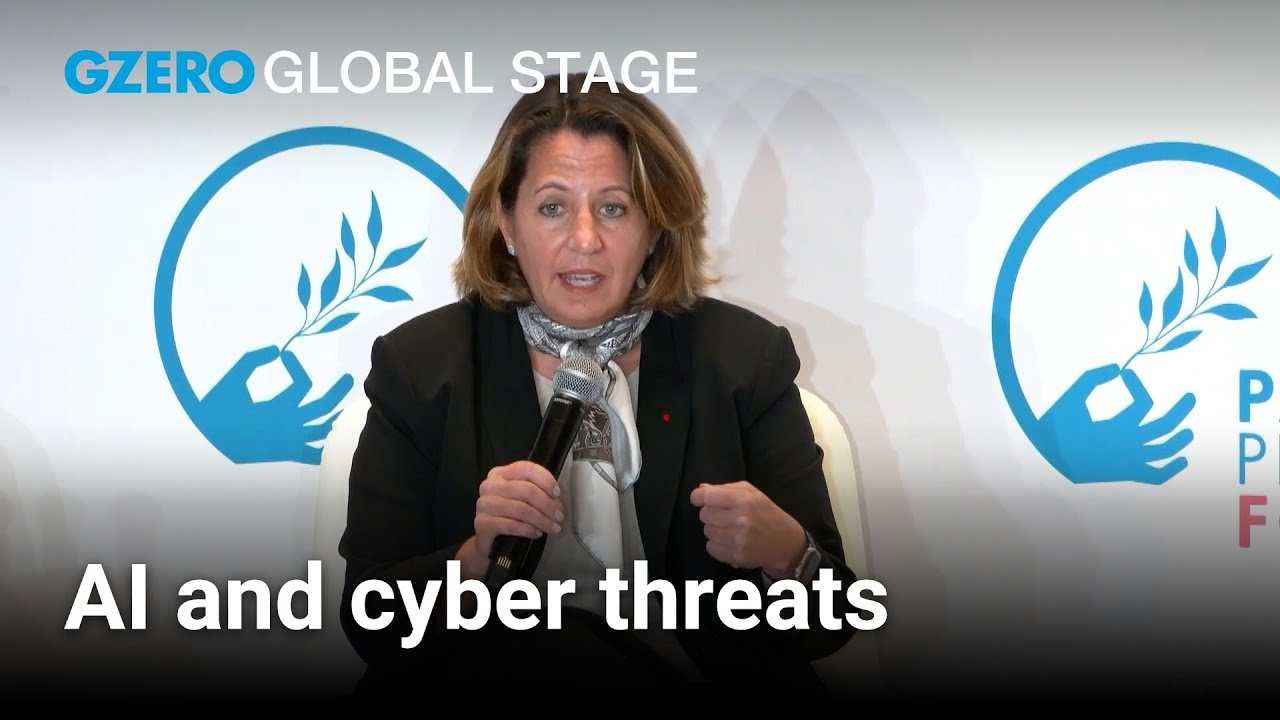7,000: When France's Yellow Vest movement erupted last November, protests drew more than 280,000 participants and paralyzed Paris. But seven months and a particularly unsuccessful European parliamentary election campaign later (the group's candidates received less than 1% of the vote), the leaderless movement produced just 7,000 protestors over the weekend and now teeters on the brink of irrelevance.
30 billion: Chinese technology giant Huawei said it expected a $30 billion financial hit from the Trump administration's ban on the firm acquiring US technology, with sales of Huawei smartphones outside mainland China forecast to plunge 60 percent over the next couple of years. Founder Ren Zhengfei said the company "didn't expect the US would so resolutely attack Huawei."
7: Internet outages continued to hit broad stretches of Ethiopia for a seventh day on Monday. Authorities have remained tight-lipped about the reason for the shutdown, but the timing has led to speculation the country may have cut access to prevent students from cheating on nationwide exams. #overkill
500: US Border Patrol recently apprehended 500 African migrants crossing the US-Mexico border in a single week. For context: 211 African migrants were apprehended along the US-Mexico border for the entire 2018 fiscal year. Asylum seekers hail from various African countries, including Eritrea, Angola, Cameroon, and Sudan.
